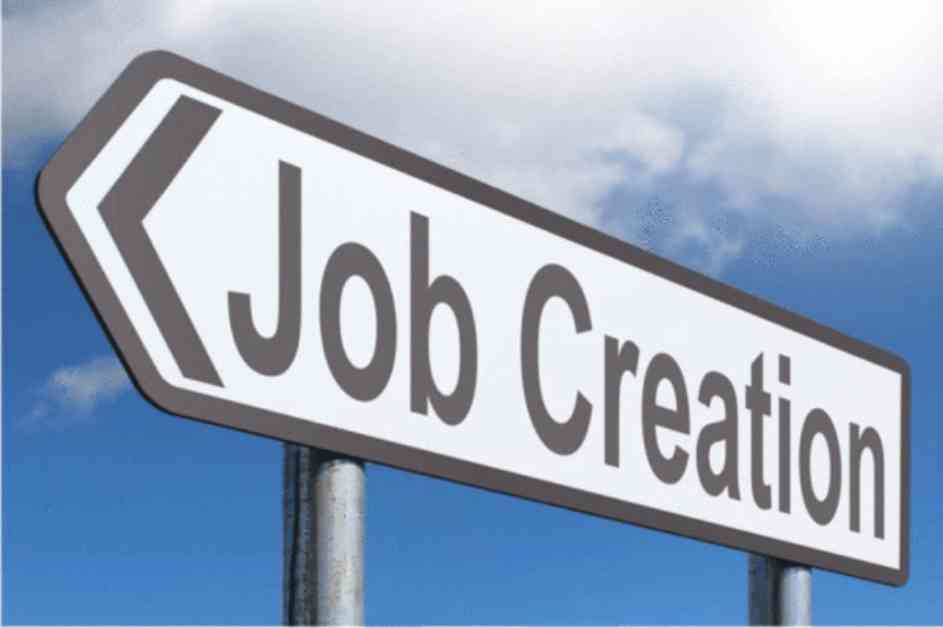**2030 Job Opportunities Forecasted to Reach 78 Million – WEF Report**
The World Economic Forum has recently released a groundbreaking report forecasting significant changes in the job market by the year 2030. According to the report, job disruption is expected to affect 22 percent of jobs, resulting in the creation of 170 million new roles and the displacement of 92 million workers. This shift will lead to a net increase of 78 million job opportunities globally.
**Key Drivers of Change**
The Forum’s report highlights several key factors driving these changes, including technological advancements, demographic shifts, geoeconomic tensions, and economic pressures. These factors are reshaping industries and professions worldwide, creating both challenges and opportunities for businesses and workers alike.
**Skills Gap and Business Transformation**
One of the most significant barriers to business transformation identified in the report is the skills gap. Nearly 40 percent of skills required on the job are expected to change, with 63 percent of employers already citing this as a major obstacle. The report emphasizes the importance of both technology skills, such as AI, big data, and cyber security, as well as human skills like creative thinking, resilience, flexibility, and agility in navigating the evolving job market.
**Expert Insights and Recommendations**
Till Leopold, Head of Work, Wages, and Job Creation at the World Economic Forum, underscores the urgency for businesses and governments to collaborate, invest in skills development, and build a resilient global workforce. He points out that trends like generative AI and rapid technological shifts are revolutionizing industries and labor markets, creating unprecedented opportunities and risks that must be addressed proactively.
**Job Growth Projections by 2030**
Frontline roles in essential sectors like care and education are expected to see the highest job growth by 2030. At the same time, advancements in AI and renewable energy are driving demand for technology and specialist roles while causing a decline in others, such as graphic designers. The report highlights the need for businesses and governments to adapt to these changes, invest in skills training, and ensure an equitable and sustainable workforce for the future.
As we look ahead to the dynamic job market of 2030, it is clear that adaptability, innovation, and collaboration will be key to thriving in a rapidly evolving landscape. Are you prepared to embrace the future of work and seize the opportunities it presents? Let’s navigate this transformative journey together and build a brighter future for all.















